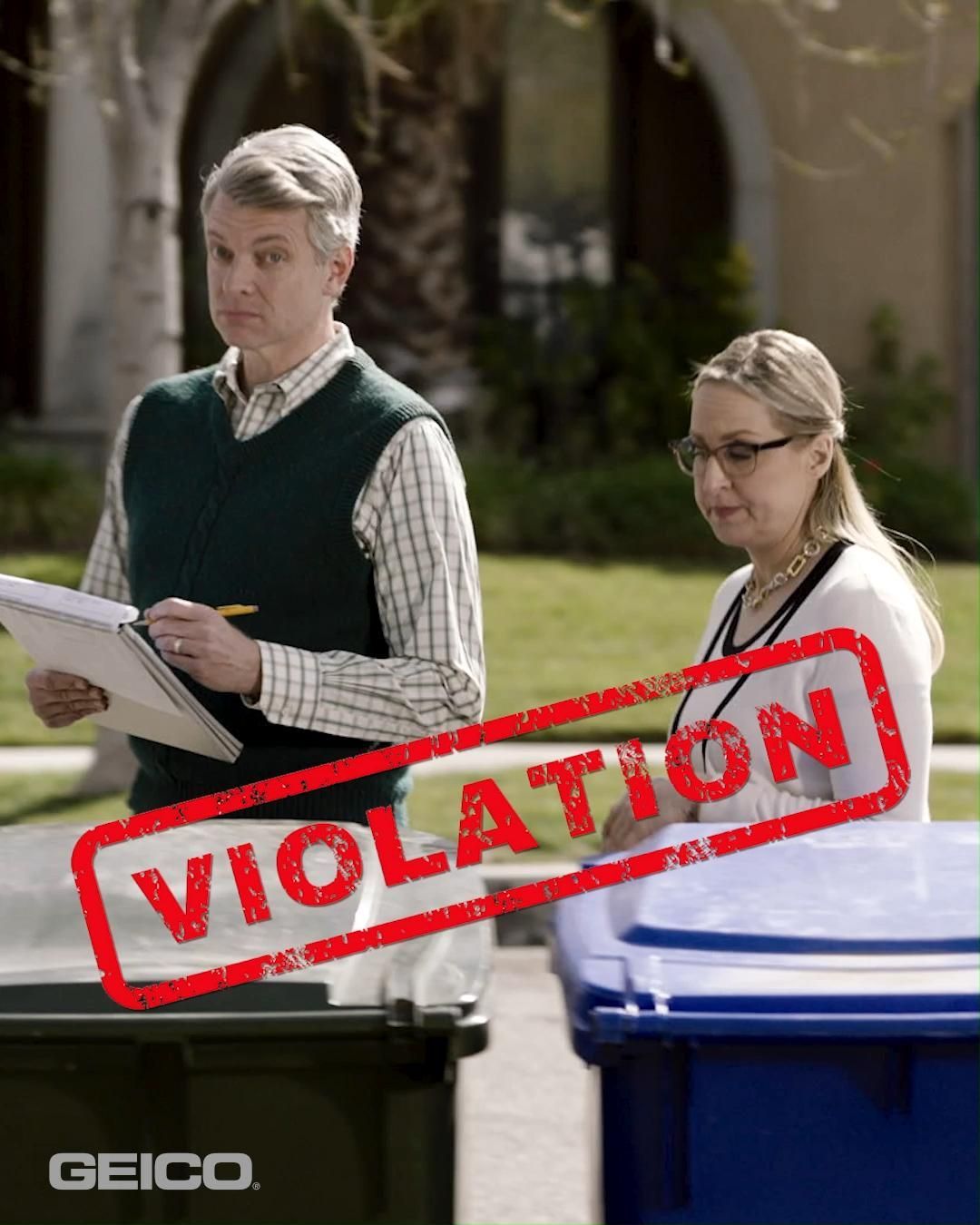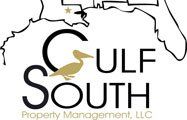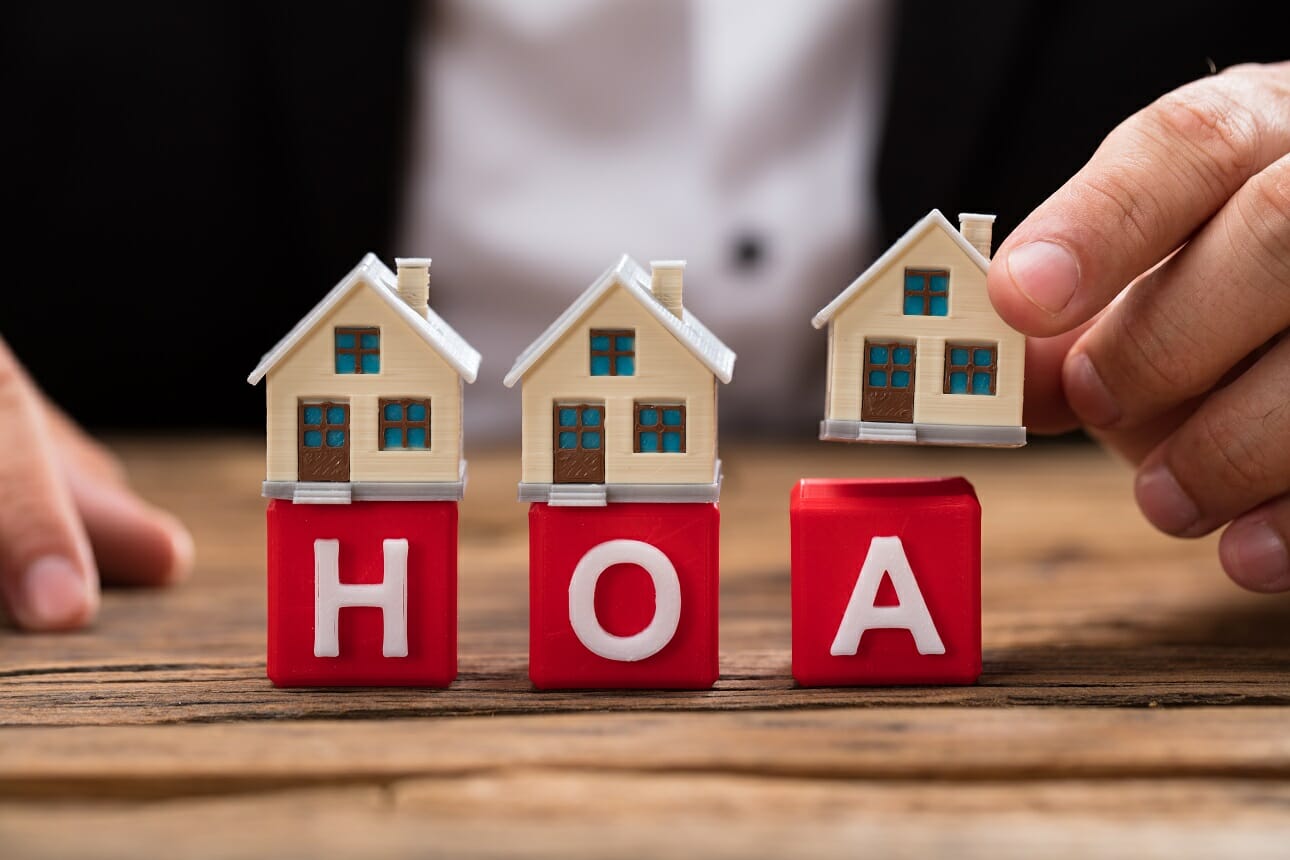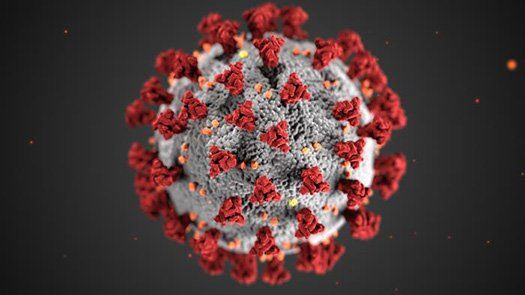Should Your HOA be on Social Media?
The Pros and Cons of HOA Sites on Social Media

One thing is for sure: Love it or Hate It - Social Media is here to stay.
Below is a review of the Pros and Cons of utilizing social media as a communication tool for your HOA.
Let's start with the Pro's:
It's Fast
In an instant your association can push out important updates and reminders. Almost everyone has at least one form of social media so it's a great way to keep in touch with neighbors, especially in an emergency.
Enhanced Communication
One of the biggest complaints, and the root cause behind most homeowner dissatisfaction, is a lack of full and complete information. Social media allows a board to share up the minute information on association business. This increased transparency can alleviate a lot of misunderstandings that result from either misinformation or a lack of information.
Quick Reminders
Lack of participation is a hurdle most associations face. With social media reminders, increased participation can be expected.
Ease of Access
Homeowners can more easily receive association information and important governing documents.
It's Free
Many associations jump on the social media bandwagon to avoid the costs and delays associated with snail mail. It can be a great cost savings for the association, in some instances.
Increased Homeowner Satisfaction
With more information and having their voices and suggestions heard in real time, homeowner engagement will inevitably increase.
Bragging Rights
The board of the HOA works hard. Social media allows the board to share their accomplishments in real time. Homeowners love to see where and how their money is being spent. Periodic posts on association projects can help increase transparency with your residents.
Now, the Con's:
Keyboard Warriors
It's no secret that some people will say things on social media that they likely would not in person. Comments and communications can (and do) often take a negative turn with sharp criticisms flying. If left open someone will inevitably use the opportunity to disparage the volunteer board members, lodge personal attacks at neighbors or complain about things in an unproductive manner.
Decreased Property Value
Many associations say things like "we only allow homeowners to post" or "no-one can see what we have on our private page" and nothing can be further from the truth. This approach forgets the inevitable screen shot which can and will be texted, posted and reposted elsewhere. It happens. A lot.
When new homeowners consider an association for their next home, they do their research. If potential homeowners come across vicious exchanges between neighbors or insults and criticism flying at the board of directors, many will elect to pass on the drama for a more serene and tranquil place to call home. This can result in a decrease in property values and difficulty selling homes in your association.
It's Not a Substitute
Some associations fall into the trap of assuming everyone has social media and often times, that is not the case. The law in many states as well as the governing documents for most associations still require old fashioned, snail mail announcements. For associations that attempt to save on costs by using social media platforms for announcements, they may be inadvertently opening themselves up to legal liability.
Response Time
Homeowners may revert to using social media platforms to bear all grievances and expect responses at all hours of the night. This may be difficult, if not impossible, for board members to keep up with. In addition, it can be a timely and disheveled way of addressing concerns, as most HOAs have a streamlined process (forms, checklists etc.) for association requests.
One Voice
Depending on how the account is set up there can be a conflicting voice coming from the association. It's important for the association to speak with one voice on all issues, especially important or controversial decisions. Social media can sometimes provide too much ambiguity on important HOA business.
Is Social Media Right for your Association?
At Gulf South Property Management we recommend our clients consider utilizing social media in a responsible and informative way while being mindful of the potential pitfalls that may follow.
Here are a few tips we recommend for getting it right for your association:
- Speak with one voice. Have one person responsible for postings and responses.
- Consider streamlining the posts. Have residents submit questions and comments so that they can be posted respectfully and with full and complete answers. This helps avoid the negative misinformation from spiraling out of control.
- Be consistent. Post regularly and be clear on what association business will and will not be shared. If you're going to post board meeting minutes, do it routinely and completely. If it's just for social updates, be clear that it is not a substitute for important association business.
- Consider carefully who can post and share pictures. Delegating an administrator to review all pictures and posts can ensure no offensive material mistakenly shows up on your association site.
- Set guidelines. Invite ALL members and be consistent in removing neighbors who move or are no longer members of the association. Set clear and unambiguous guidelines for what will and WILL NOT be tolerated. Respect everyone's voice but be sure that personal attacks, vulgarity and name calling are off limits. Set clear consequences for harmful or offensive postings and follow up to ensure those issues are addressed quickly and consistently.
- Capitalize on the convenience. Use this as a great way to share friendly reminders, meeting reminders and important information during emergencies (hurricanes etc.)
- Be mindful of the tone. Always speak with respect and understand that you're speaking on behalf of the association. Be mindful of your audience and the implications the tone of your association's site may have on current and future homeowners.
Used correctly, social media can be a great way to inform and engage with your neighbors.
For more information on how your association can utilize social media to increase transparency in your association, give us a call today (985) 200-0660.
Share this post












